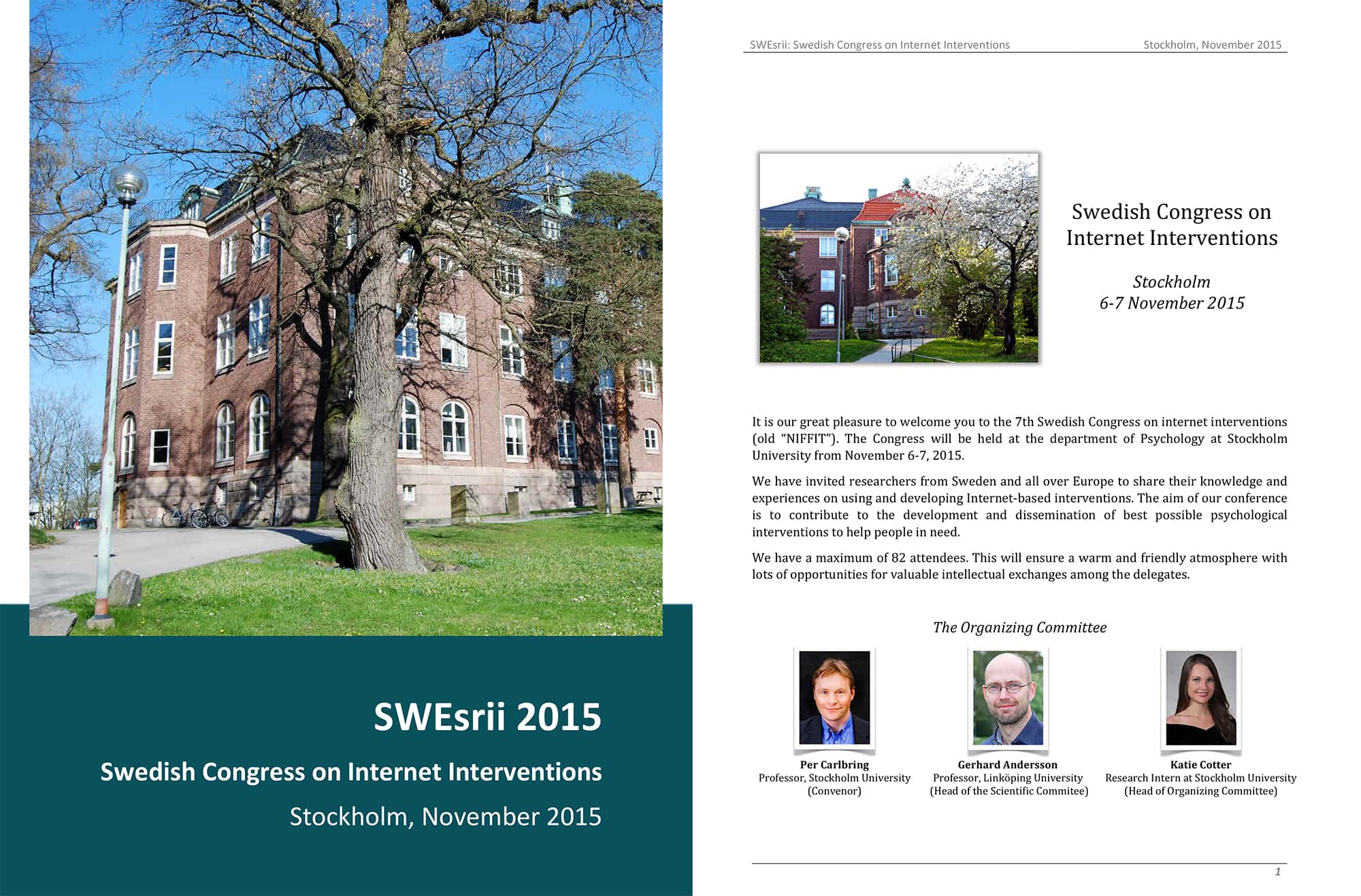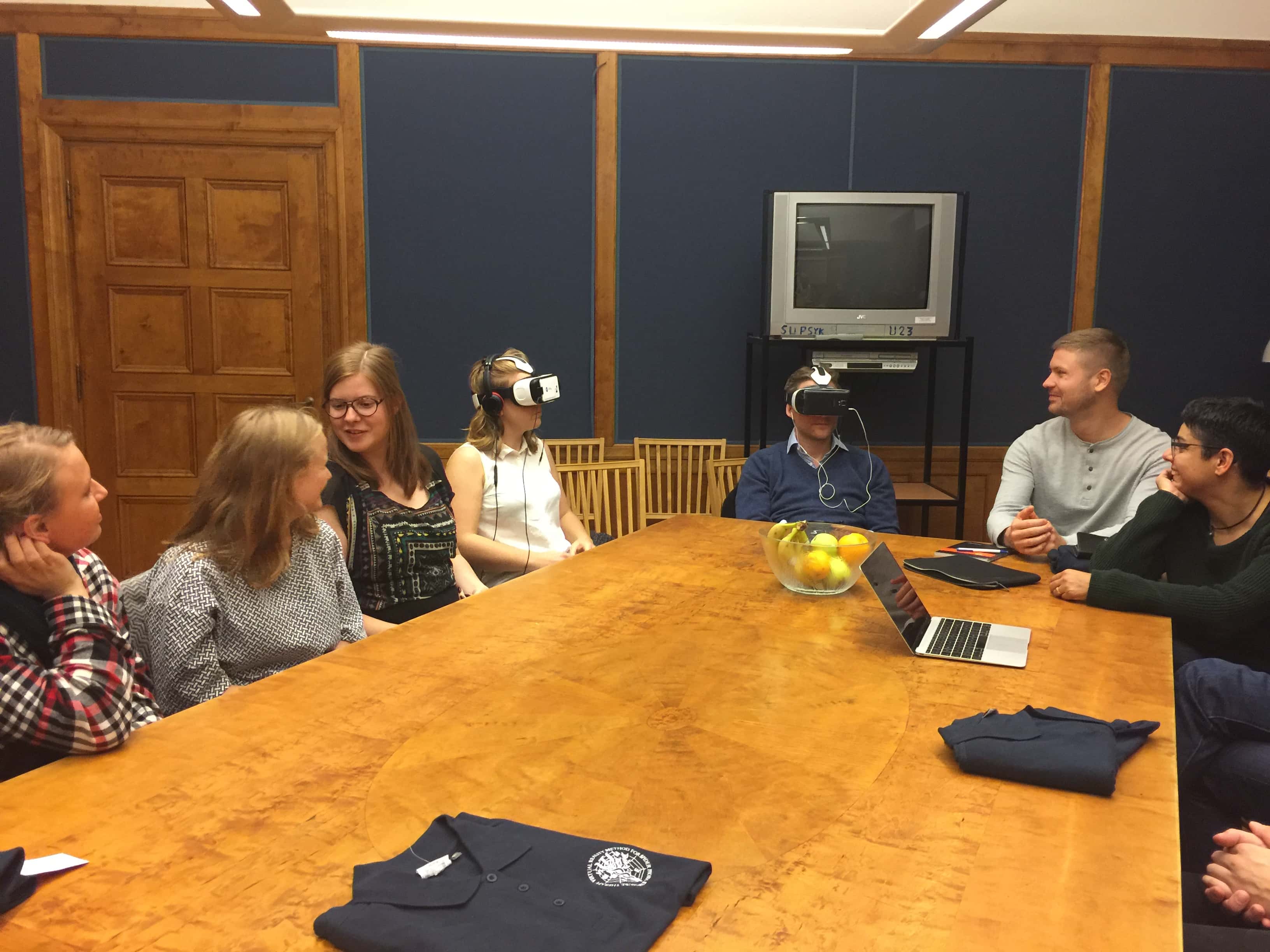Hjälp till föräldrar till barn som nyligen insjuknat i cancer
Att få beskedet att ens barn har drabbats av cancer är för de allra flesta föräldrar en mycket allvarlig händelse. En del kanske har misstänkt att det är något fel på barnet under längre tid, har sökt läkarvård utan att få några klara svar för att till slut få det svart på vitt. För andra … Läs mer!







